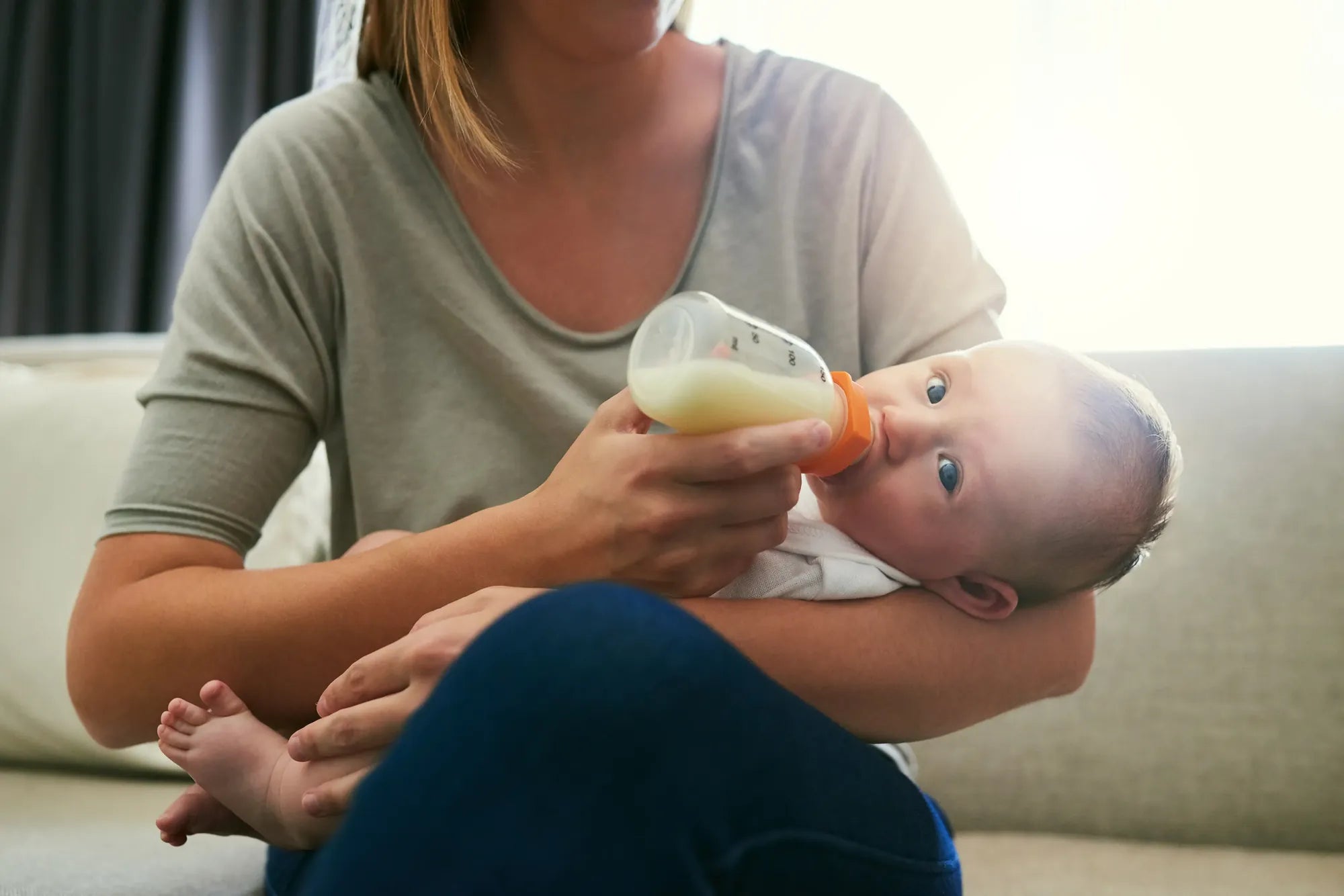Accueil
Pregnancy, Breastfeeding, and Pumping: The Ultimate Guide for Moms
Can Breast Pump Cause Breast Cancer: Separating Fact from Fiction

Can Breast Pump Cause Breast Cancer: Separating Fact from Fiction
Breast pumps have become an essential tool for many nursing mothers, offering convenience and flexibility in managing breastfeeding. However, concerns about their safety, particularly whether they can cause breast cancer, have sparked debates and anxiety among users. This article delves into the science behind these concerns, examines the evidence, and provides insights to help you make informed decisions.
Understanding Breast Pumps and Their Use
Breast pumps are devices designed to extract milk from the breasts, allowing mothers to store and feed their babies when direct breastfeeding is not possible. They come in various types, including manual, electric, and hospital-grade pumps, each catering to different needs. While these devices are widely used and generally considered safe, questions about their long-term effects on breast health have emerged.
The Connection Between Breast Pumps and Breast Cancer
One of the primary concerns is whether the mechanical action of breast pumps could contribute to the development of breast cancer. Some speculate that repeated suction and pressure on breast tissue might cause cellular damage or inflammation, potentially increasing cancer risk. However, there is currently no scientific evidence to support this claim.
What Does the Research Say?
Numerous studies have investigated the relationship between breastfeeding, breast pump use, and breast cancer risk. Research consistently shows that breastfeeding, whether direct or via pumping, is associated with a reduced risk of breast cancer. The hormonal changes during lactation, along with the shedding of breast tissue, are believed to play a protective role. Breast pumps, as a tool to facilitate lactation, are unlikely to negate these benefits.
Addressing Common Myths
Several myths surround breast pump use, including the idea that they can cause cancer. These misconceptions often stem from a lack of understanding about how breast pumps work and their impact on the body. It is important to rely on credible sources and expert opinions rather than anecdotal claims when evaluating such concerns.
Potential Risks of Breast Pump Use
While breast pumps are generally safe, improper use can lead to issues such as nipple soreness, engorgement, or infection. These problems, if left unaddressed, could cause discomfort but are not linked to cancer. Ensuring proper hygiene, following manufacturer guidelines, and consulting a lactation specialist can minimize these risks.
Expert Opinions on Breast Pump Safety
Healthcare professionals and lactation consultants widely endorse the use of breast pumps as a safe and effective way to support breastfeeding. They emphasize that the benefits of breastfeeding, including reduced cancer risk, outweigh any potential drawbacks of pump use. If you have concerns, discussing them with a healthcare provider can provide personalized guidance.
Tips for Safe and Effective Breast Pump Use
To maximize the benefits of breast pumping and minimize risks, consider the following tips:
- Choose a pump that suits your needs and preferences.
- Follow the manufacturer's instructions for cleaning and maintenance.
- Ensure proper fit and positioning to avoid discomfort.
- Take breaks and avoid over-pumping to prevent soreness.
- Consult a lactation specialist for personalized advice.
When to Seek Medical Advice
If you experience persistent pain, unusual changes in breast tissue, or other concerning symptoms while using a breast pump, it is essential to consult a healthcare professional. These issues are unlikely to be related to cancer but may require medical attention to address underlying causes.
Debunking the Cancer Myth
The notion that breast pumps can cause breast cancer is not supported by scientific evidence. On the contrary, breastfeeding, whether through direct nursing or pumping, is associated with a lower risk of breast cancer. By understanding the facts and using breast pumps correctly, you can confidently incorporate them into your breastfeeding journey.
Breast pumps are a valuable tool for many nursing mothers, offering flexibility and convenience without compromising breast health. By staying informed and following best practices, you can enjoy the benefits of breastfeeding while alleviating concerns about cancer risks. Remember, your health and well-being are paramount, and seeking professional advice when needed ensures a safe and positive experience.
Partager

